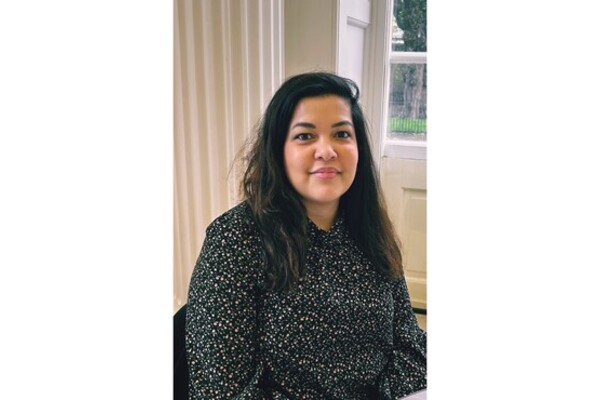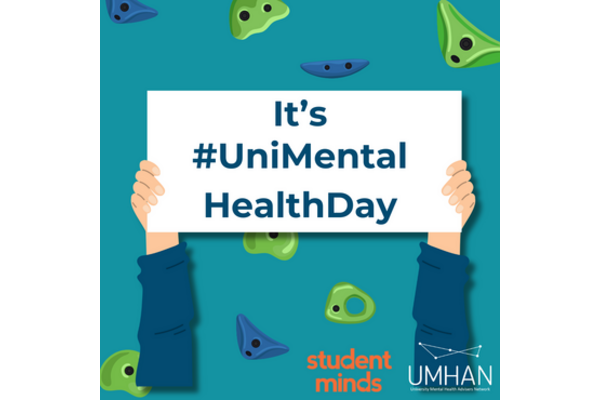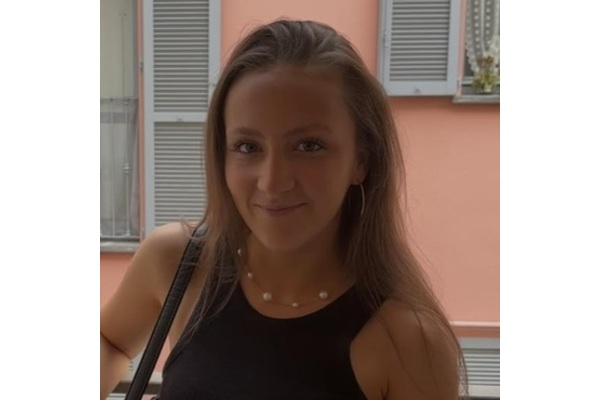'Diagnoses have the potential to open certain gateways to additional support, which can only be a good thing'
As a non-clinician I am sometimes left pondering over the diagnoses that students have been given, and wondering at how such tight pigeonholes (or ‘names’/’titles’) are found for such a wide variety of symptoms, presentations and personalities. I admire the professionals who aim to separate out all of these differences in order to be able to treat people as effectively as possible. Certainly, diagnoses have the potential to open certain gateways to additional support, which can only be a good thing.
Particularly of interest to me (as a mentor working without diagnostic manuals in front of me) is the overlap of some aspects and symptoms of certain conditions with others. Especially on the first few meetings with a new mentee, for example, when the relationship and my views on how they present and ‘operate’ is only just forming, and I may – or may not – have information about a diagnosis or any range of diagnoses they have.
When with a student – especially in the early part of forming a working relationship - I can find myself thinking - is this flux in emotional mood they present depression or anxiety related, is it linked with personality disorder or even cyclothymia? A certain restlessness could be anxiety or hyperactivity related, or is it part of a physical condition or even an aspect of a student’s autism?
Levels of disordered thinking could be anxiety related or part of a dyslexia diagnosis. Similarly, memory issues could be part of dyslexia or low mood. Is procrastination – often associated with anxiety and depression – where a clearly intelligent student finds it immensely difficult to organise their week and their diary possibly a memory or even dyslexic or autistic trait?
Where a student is ‘self-sabotaging’ [creating obstacles], has their natural ‘safety cut out’ simply kicked in or is it part of a systematic way of thinking which can be found in personality disorder. Is a seeming ‘cold detachment’ a personality disorder trait or a marker for the autism spectrum? When is hearing voices a sign of someone’s ‘inner regulatory voice’ displaying itself and when could it be psychosis returning – and is it manageable if it is? Is impulsive behaviour part of a diagnosis or simply a personality trait? Similarly, with social interaction phobia, where it could just be ‘a thing’ someone lives with rather than a diagnosis. We are faced daily with a vast array of manifestations and informal plus situational assessment dilemmas.
'I do find in general that students appreciate a ‘home’ - or name - being found for the complexities and challenges they know well and live with'
I find it refreshing - at one level - to go along with having minimal information initially about students as it helps me to meet the person first and foremost, and to have few pre-conceived ideas. It can help me to truly listen to how a student is being impacted by their condition(s) and how their university life and work is being affected, without applying a formalised analysis of the situation too early. However, I do find in general that students appreciate a ‘home’ – or name - being found for the complexities and challenges they know well and live with daily, possibly for many years.
More recently, I have fielded questions from students about whether they have the symptoms of various conditions which have not, so far, been part of their primary diagnoses. These are young adults – already with a primary mental health (MH) diagnosis – asking themselves whether they have additional ‘disabilities’. They seem often to be trying to find explanations or reasons, for a range of phenomena which are impacting on their lives and which they are aware marks them out from ‘others’, but for which they have never sought help, explanation or been formally diagnosed.
Not only am I mildly surprised that these students wish to have another ‘label’, a second or third ‘disability’ if you like, but I am equally surprised at myself for sometimes not having picked up any of the signs previously – until they raise the matter with me. I think this goes to show just how complicated the process of diagnosis can be. In contrast there are also a smaller group of students that prefer not to ‘add to’ their current list of diagnoses, even where they are struggling with physical or cognitive phenomena. An example is a student who had anxiety as a primary diagnosis wondering whether they have dyspraxic tendencies. On discussing the options available to them for [funded] testing (admittedly for dyslexia primarily) they become less willing to take action.
One thing that interests me is whether the MH diagnosis has ‘masked’ some of what has been puzzling the student or even causing distress for some time. So, for example, for someone with significant depression, anxiety and PTSD managed with a range of medication, it would strike me as not surprising that they may have difficulty concentrating on reading and information processing. And yet this person knows, instinctively, that there is more to it than that, and a basic online test indicates that they could have dyslexic tendencies. Then their choice is what to do with that information and they become undecided.
Perhaps just the knowing is enough.
'The important thing for me, is trying to imagine the world through their eyes'
So, I am aware that I am learning myself constantly, and these days fail to be surprised by the gaps in specific knowledge I have, and enjoy the stimulation of learning constantly. It makes the job so interesting. My default position is to meet and get to know the student primarily alongside all their symptoms, challenges plus gifts and talents and to really, actively, listen to what it is they are telling me. The working relationship inevitably develops as trust grows between us and other information invariably becomes available – either formally (such as through a Needs Assessment Report) or informally (often through anecdotes) - as time goes on. The important thing for me, is trying to imagine the world through their eyes to understand how conditions impact on their ability to manage their course and life surrounding it, and to be part of the team enabling them to have as good an experience at a higher education level as possible.
Kate Noble, Specialist Mental Health Mentor









